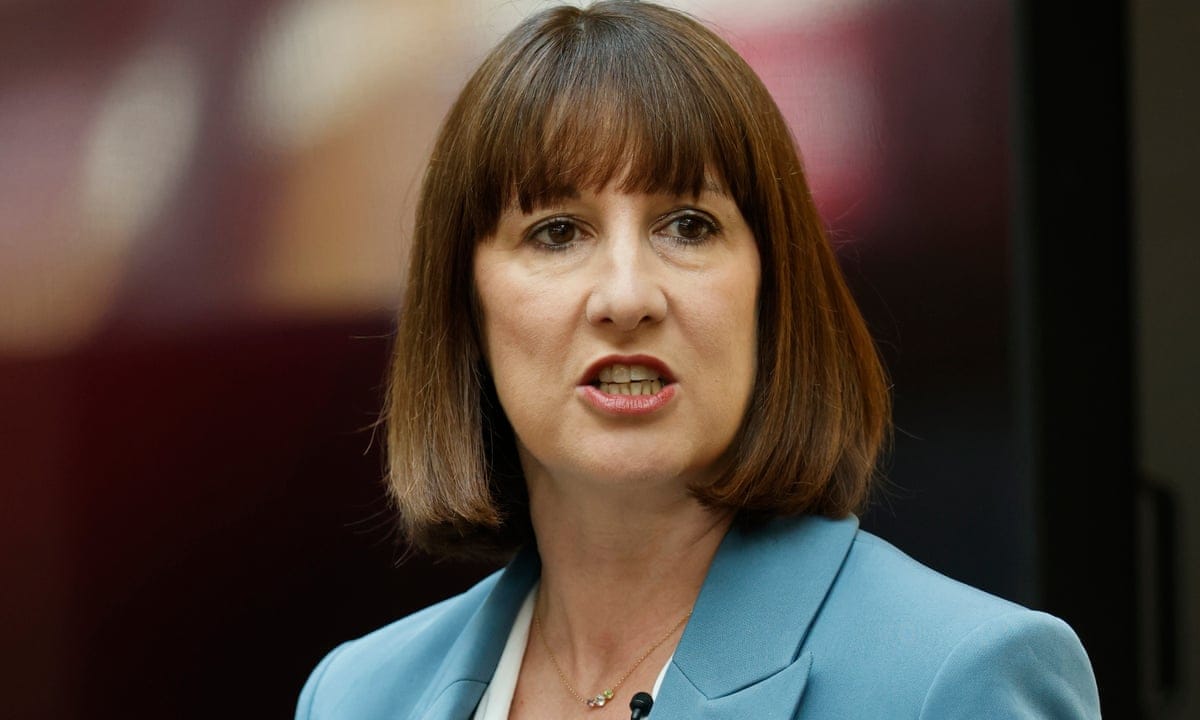Rachel Reeves has been encouraged by a coalition of affluent business owners to raise £14bn from an increase in capital gains tax, asserting that it would neither impede investment nor stunt economic growth.
Before the upcoming chancellor's significant announcement on October 30th, these influential entrepreneurs contend that heightening CGT rates could provide essential funds for public services without deterring real capitalists from British soil who would not let tax concerns impede their investment decisions.
A report by the center-left IPPR thinktank—which has a rapport with Treasury officials—highlights findings that indicate CGT isn't significantly swaying business owners when they formulate economic ventures; factors such as financing accessibility, market potential and wider macroeconomic conditions are more crucial.
Mark Campbell, the affluent pie entrepreneur Higgidy co-founder remarked: "High capital gains tax rates would not deter real investors in Britain." He emphasized that a fairer tax system for those prospering most could foster future business growth and societal health.
Similarly, Graham Hobson of Photobox insisted the misconception around higher CGT discouraging entrepreneurship is unfounded; true motivators are passionate problem-solving rather than tax incentives or penalties.
Julia Davies, a seasoned investor who backs companies like Osprey outdoor equipment expressed: "I've never allowed my decision to fund innovation based on prevailing tax rates."
Presently, income up until the additional rate is subjected to different capital gains percentages—20% and as low as a mere 10%. These are applied upon disposal of shares or properties. The IPPR advocates for equalization with regularized CGT levels tied directly correspondingly to varying tax rates —a system reinstated by former Chancellor Nigel Lawson back in the late '80s, proposing a 20% rate for basic payers and escalating upwards.
Recently reported plans suggest Reeves might hike CGT between 33-39%, aimed at raising as much £40bn to maintain fiscal balance amidst daily expenses—a significant portion of which comes from a select group who earn over £1m annually, less than half the adult population.
Yet HMRC's analysis implies that drastic increases in CGT might prove counterproductive as high-income individuals may restructure their tax situations or emigrate to evade higher rates—an observation suggesting a potential revenue decrease contrary to expected outcomes, with an anticipated £100m raised from just 1% hike leading to about £2bn less by the year 2027-28.
Responding is Pranesh Narayanan of IPPR who criticized HMRC's assumptions as possibly outdated, suggesting that broader changes are required for a substantial CGT increase—a claim backed up with input from multiple millionaires unaffected by tax anxieties over their investment ventures.

uk-news

